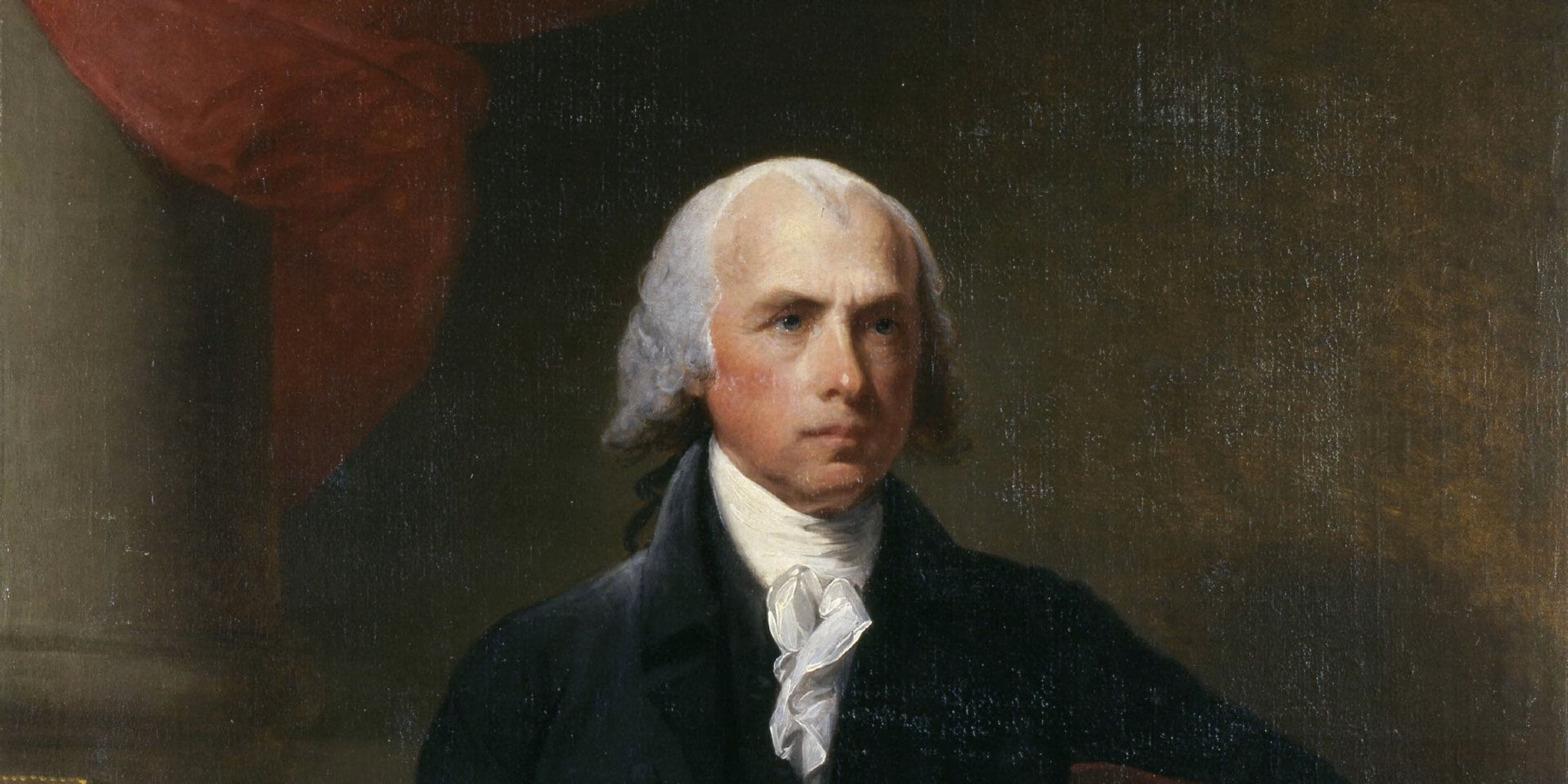Tyranny of the Majority—and the Minority: Federalist No. 10 and the Fate of Liberty
In my AP Government class we recently read Madison’s Federalist No. 10. Rereading it this year, I am reminded that it is something I wish more Americans were familiar with and the conversation in class connected to an idea in one of the books I just finished reading. In Federalist No. 10 Madison argues for a republican government; that is, a representative democracy. His fear of majority rule (‘direct democracy’) was based on the idea the majority might use that status to trample on the natural rights of the minority. He was mostly worried about the landless masses taking the property of men like himself through the power of the legislature. However, his point has been made throughout American history. The example I use in class is the stain of Jim Crow racism in our history. For close to 100 years a majority of whites in many states (and in all the southern states) voted to trample the rights of non-white citizens. They disenfranchised racial minorities as well, but even if everyone in those places could actually vote most southern states were still majority white so Madison’s point would have likely still been made, that in a pure democracy there is a danger of the minority having their rights abused. This is known as the ‘tyranny of the majority’ and it is an obvious danger of a direct democracy.
Of course, a minority faction (that is, an interest group or political party that does not represent the majority of society) can also trample on the natural rights of the people if they have power. Today, we certainly can see that those with enormous wealth, a minority for sure, have captured much of our government and take advantage of that capture to protect their wealth (I’m looking at you 119th Congress). While discussing the essay, students in class brought up campaign finance as an example of a faction’s threat to our democracy. Coincidentally, their comments touched on something I recently read.
The Narrow Corridor is an excellent, if wonky, book, subtitled ‘States, Societies, and the Fate of Liberty.’ At the end of the paradigm-shifting book, the authors (Daron Acemoglu and James A. Robinson) include a few suggestions for keeping America ‘in the corridor’ (between a ‘despotic leviathan’ and an ‘absent leviathan’), as it is clear to everyone paying attention that we are living in a time when liberty is being threatened by an increasingly unshackled state.
So what was the connection? Well, the first solution Acemoglu and Robinson mention was campaign finance reform. Specifically, they argue we should “curtail campaign contributions and limit the impact of lobbying. Specific measures to bring greater transparency to the relationship between firms, lobbyists, and politicians may be particularly important since accounts of how politicians became become faithful servants of certain industries or interests often involve meetings hidden from the public eye and poorly monitored revolving door arrangements in which regulators and politicians are later hired by the private sector at very attractive salaries.”
In other words, it would be beneficial to change our campaign finance laws in order to make it harder for minority factions (that is, special interest groups) or the uber-wealthy in general, to threaten the liberty of the majority of citizens.
I always love it when something happens in class that connects with something that has been brought to my attention by something I have recently read. I wonder what Madison would say about the fact that today such a small minority, due to their incredible wealth, can manipulate our government, at all levels, for their own benefit.
